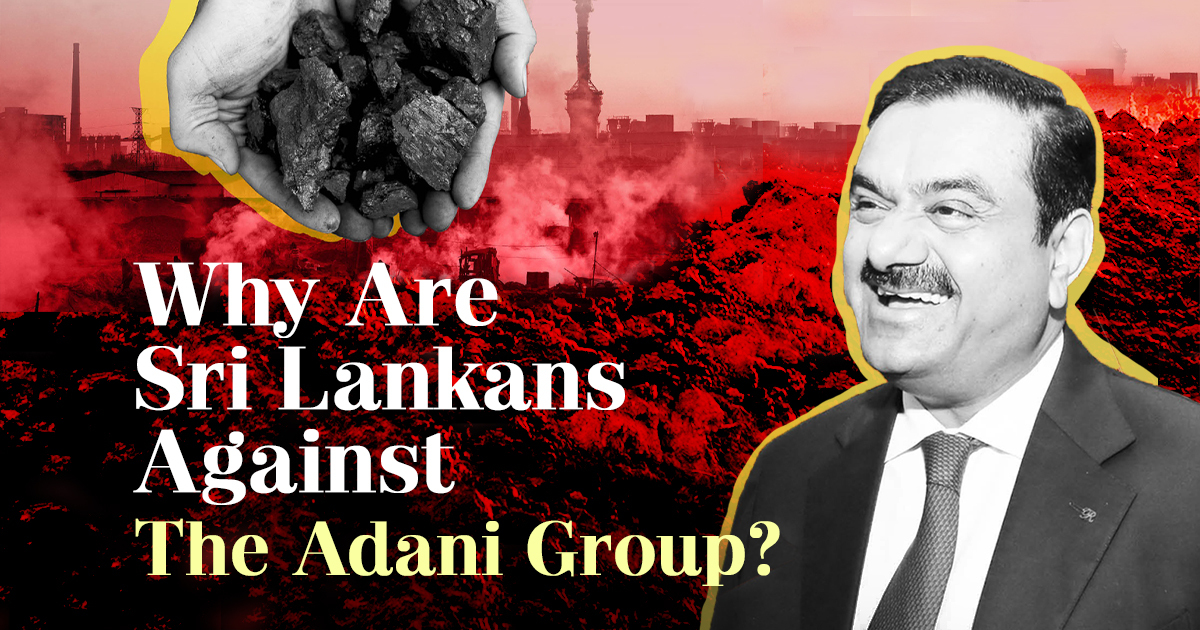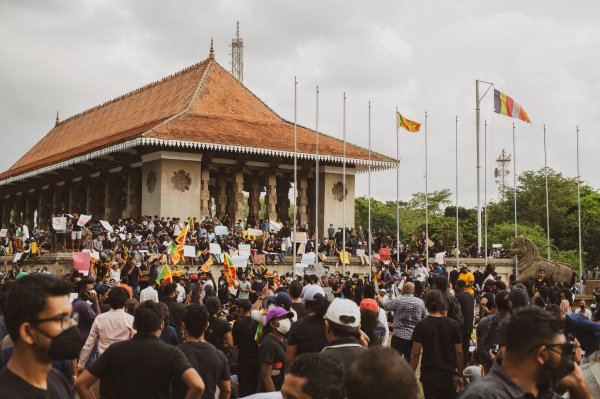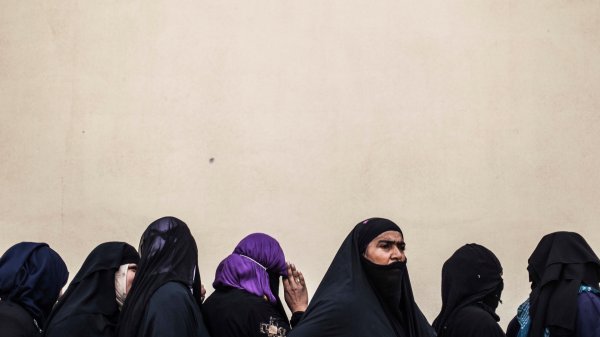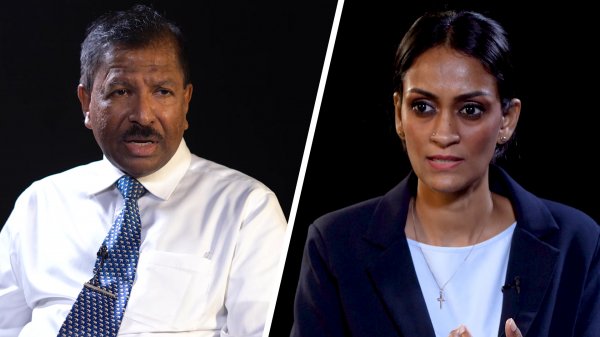
Last week, the Ceylon Electricity Board Engineers’ Union temporarily called off a planned strike in protest of — among other things — the handing over of the country’s wind and solar power resources to the Adani Group without following the standard competitive bidding process.
This isn’t the first of the Indian conglomerate’s investments in Sri Lanka — in 2021, they signed an agreement with John Keells Group and the Sri Lanka Ports Authority to jointly develop a container terminal at the Colombo Port, located amidst one of the busiest shipping routes in Asia.
Founded in 1988 by chairman Gautam Adani, the group operates in a wide range of businesses in 50 countries. In some, opposition to Adani’s alleged pollution, corruption and rights abuses have grown, the largest of which is the ‘Stop Adani’ campaign in Australia.
‘Stop Adani’ has built collectives across several major Australian cities, and the movement lists the group’s expansion of coal operations — one of the biggest drivers of climate change — and pollution and violation of indigenous land as key concerns, among others.
In Australia, Adani has been prosecuted in court on charges including environmental pollution and propagating false and misleading information. In India, they remain in an ongoing dispute against farmers on whose land the company is constructing a power project.
The amendment to the Sri Lanka Electricity Act confirming Adani’s takeover of renewable energy resources was passed in Parliament on 9 June.
It was reported on 11 June that Adani was awarded the projects on the insistence of Indian Prime Minister Narendra Modi. Later the same day, CEB chairman M.M.C. Ferdinando retracted his initial statement about Prime Minister Modi, saying he lied about the Indian premier’s influence because he was “emotional” at the time.






.jpg?w=600)
.jpg?w=600)
